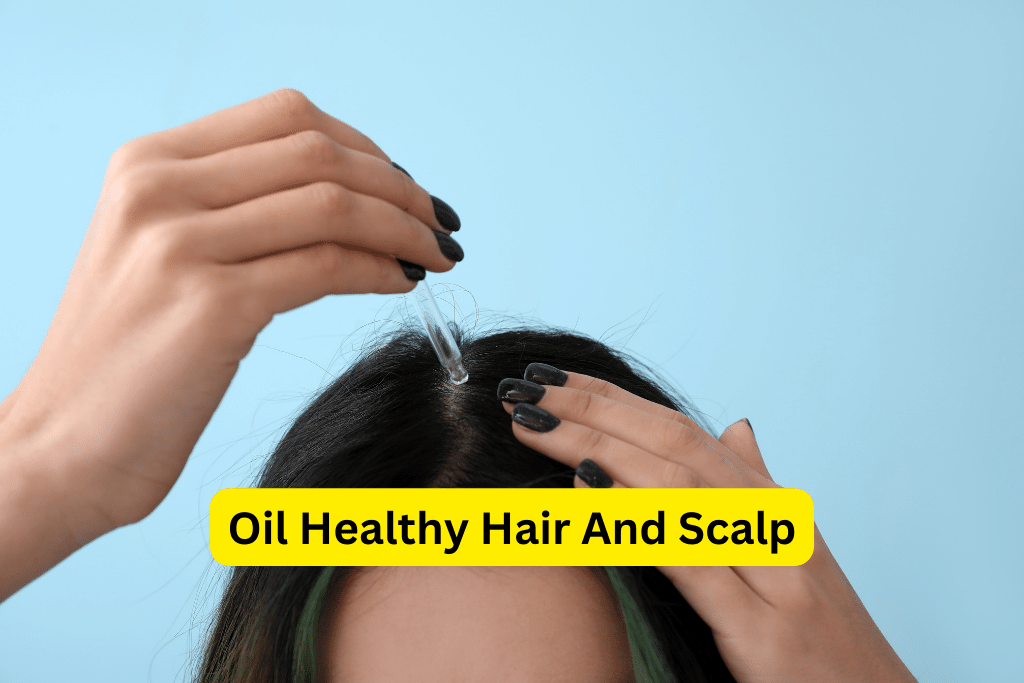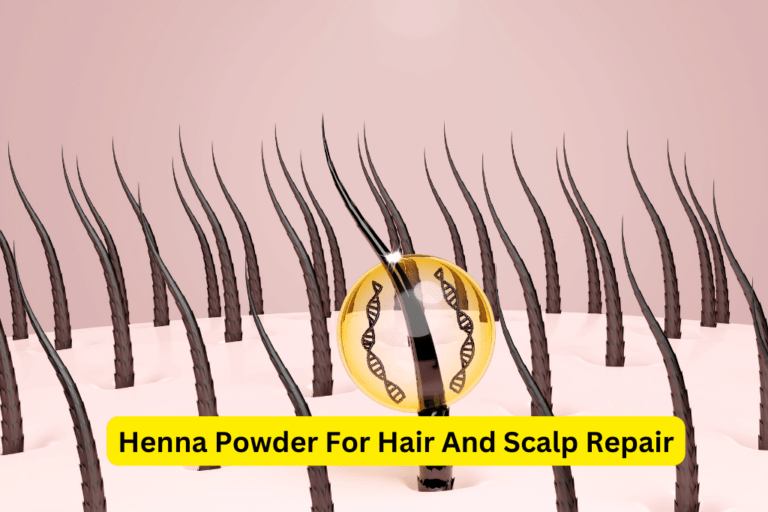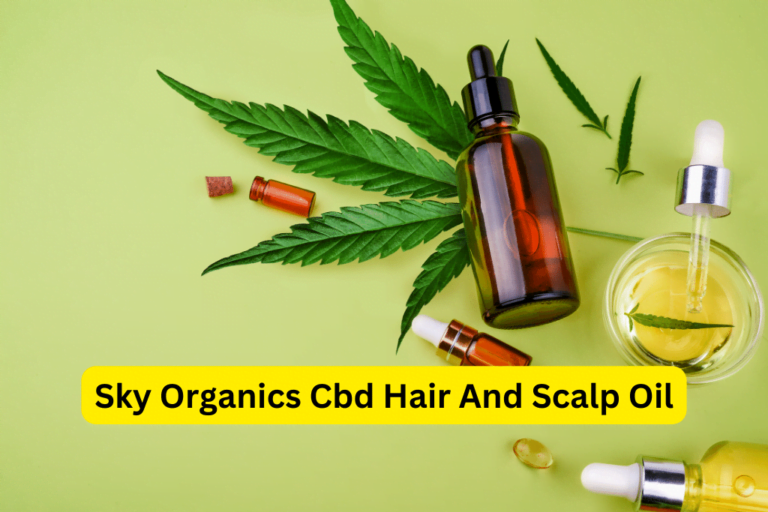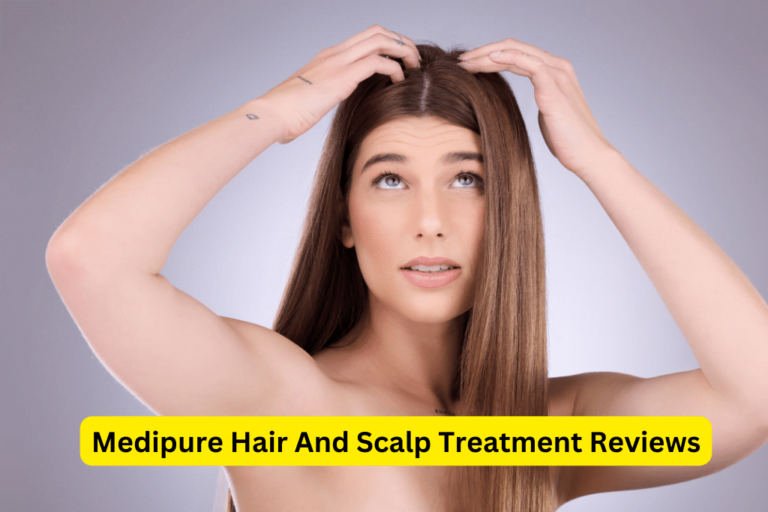Revive and Fortify Your Hair & Scalp with Nourishing Oils
Oil Healthy Hair And Scalp
Ever wondered why oils have become such a popular trend in hair care? Well, wonder no more! In this ultimate guide, we will delve into the world of oils and explore how they can transform your hair and scalp health. Whether you’re dealing with dryness, dandruff, frizz, or weak hair, oils can be your secret weapon for achieving luscious locks and a nourished scalp.
I. Understanding the Importance of Oil for Hair and Scalp Health
A. Exploring the Functions of Natural Oils
Natural oils are powerhouses of goodness for our hair and scalp. They act as natural moisturizers, nourishing both the hair shaft and the scalp. By providing much-needed hydration, oils help prevent dryness and promote overall hair health.
Oils also serve as a protective barrier, shielding our hair and scalp from environmental damage such as UV rays, pollution, and heat styling tools. Furthermore, they possess soothing properties that can reduce scalp irritation and discomfort.
B. Common Hair and Scalp Issues Addressed by Oil
Are you tired of dealing with dry and lackluster hair? Itchy scalp? Or frizzy, unmanageable locks? Oils can come to the rescue!
When it comes to dry hair and scalp, oils work wonders by intensely moisturizing and replenishing lost hydration. They help restore the natural oils that our scalp produces, keeping our hair and scalp healthy and balanced.
Dandruff and itchiness can also be alleviated with the help of oils. Their antibacterial and antifungal properties, particularly in certain essential oils like tea tree oil, combat the underlying causes of dandruff and soothe the scalp, providing relief from itching and irritation.
Frizz and flyaways can be tamed with oils’ ability to smoothen the hair cuticle, sealing in moisture and preventing excess humidity from wreaking havoc on our locks.
Weak and brittle hair, prone to breakage, can benefit from oils that strengthen and nourish the hair shaft, reinforcing it and preventing further damage.
II. Types of Oils for Hair and Scalp Care
A. Essential Oils
Essential oils are concentrated plant extracts that offer numerous benefits for hair and scalp health. Here are a few popular ones:
- Lavender oil: known for its calming properties and ability to promote hair growth.
- Rosemary oil: stimulates the scalp, increases circulation, and promotes hair growth.
- Peppermint oil: refreshing and invigorating, it can improve scalp health and stimulate hair growth.
B. Carrier Oils
Carrier oils are vegetable-based oils that are perfect for diluting essential oils and creating nourishing blends. Here are some popular carrier oils for hair and scalp care:
- Coconut oil: deeply moisturizing, it penetrates the hair shaft, reducing protein loss and boosting shine.
- Argan oil: rich in essential fatty acids, it hydrates and nourishes the hair, promoting smoothness and manageability.
- Jojoba oil: closely resembles our scalp’s natural sebum, making it a fantastic moisturizer and conditioner for both hair and scalp.
C. Specialized Oils
Some oils are specifically tailored to address particular hair and scalp needs. Let’s explore a few:
- Tea tree oil: renowned for its antifungal and antibacterial properties, it is a go-to oil for treating scalp conditions such as dandruff and scalp inflammation.
- Castor oil: a popular choice for those seeking to promote hair growth, as it nourishes the hair follicles and encourages the growth of strong, healthy hair.
- Avocado oil: a deeply moisturizing oil that provides intense hydration, making it perfect for deep conditioning treatments.
III. How to Use Oil for Hair and Scalp Health
A. Pre-Shampoo Treatment
An effective way to incorporate oils into your hair care routine is through pre-shampoo treatments. Here’s how to do it:
- Apply oil to dry hair and scalp: Depending on your hair length and density, take a small amount of oil and distribute it evenly from roots to ends.
- Massage and leave it for a certain period: Gently massage the oil into your scalp for a few minutes to promote circulation and penetration. Leave the oil on for at least 30 minutes or overnight for maximum benefits.
- Rinse with a gentle shampoo: After the specified time has passed, wash your hair with a mild shampoo to remove any excess oil. Be sure to thoroughly rinse out the shampoo.
B. Leave-In Treatment
If you prefer a leave-in treatment that provides continuous nourishment throughout the day, here’s what you need to do:
- Choose the right oil for leave-in treatment: Opt for lighter oils that won’t weigh your hair down, such as argan oil or jojoba oil.
- Apply oil to damp hair: After washing your hair, towel dry until it’s damp. Take a small amount of oil and work it through your hair, focusing on the ends and any areas that need extra attention.
- Style as usual: Proceed with your regular styling routine, and let the oil work its magic, providing hydration and protection throughout the day.
C. Scalp Massage
Give your scalp some extra love and attention with regular scalp massages using oil:
- Benefits of scalp massage with oil: Scalp massages stimulate blood flow, promote relaxation, and can help with the distribution of natural oils and the penetration of nourishing oils.
- Techniques for effective massage: Using your fingertips, gently massage your scalp in circular motions, applying light pressure. Focus on areas that feel tense or need extra care.
- Frequency of scalp massage: Aim to incorporate scalp massages into your routine at least once or twice a week to reap the benefits and enhance overall hair and scalp health.
IV. Determining the Right Oil for Your Hair and Scalp
A. Hair Type and Texture
Choosing the right oil for your hair type and texture is essential for achieving optimum results:
- Oils for dry and damaged hair: Opt for deeply moisturizing oils like coconut oil or avocado oil to replenish moisture and improve the overall health of your hair.
- Oils for oily hair and scalp: Look for lightweight oils such as jojoba oil or argan oil that won’t weigh your hair down or exacerbate oiliness.
- Oils for curly and textured hair: Embrace oils like shea butter or olive oil that provide much-needed moisture and help define your curls or enhance your hair’s natural texture.
B. Scalp Condition
Targeting specific scalp conditions requires oils that address the root of the issue:
- Oils for dandruff and itchy scalp: Tea tree oil, peppermint oil, or rosemary oil possess properties that can help combat dandruff-causing fungi and soothe scalp irritation.
- Oils for scalp inflammation and irritation: Chamomile oil or lavender oil have anti-inflammatory properties that can calm down a sensitive or inflamed scalp.
C. Personal Preference and Allergies
Don’t forget to take your personal preferences and any allergies into account:
- Choosing oil based on scent preferences: Some oils have a more distinct scent than others, so opt for one that appeals to your senses and enhances your overall experience.
- Identifying any allergies or sensitivities: If you know you’re allergic to certain plants or substances, ensure that the oil you choose doesn’t contain any allergens that could trigger a reaction.
V. Tips and General Recommendations for Oil Application
Now that you’re armed with knowledge about oils for hair and scalp care, here are a few extra tips to keep in mind:
- Start with a small amount and adjust accordingly: Oils are potent, so it’s better to start with a little amount and add more if needed. Too much oil can weigh your hair down or leave it greasy.
- Protect clothing and bedding from oil stains: Use an old towel or shirt as a barrier to prevent any oil from transferring onto your clothes or pillows.
- Rinse thoroughly to prevent buildup: Oil buildup can lead to greasy hair and clogged pores, so make sure to thoroughly rinse out any excess oil from your hair and scalp.
- Gradually introduce new oils into your routine: It’s always a good idea to introduce new oils gradually to see how your hair and scalp react. This way, you can identify any potential sensitivities or allergies.
- Consult a professional for specific concerns or conditions: If you’re dealing with severe scalp issues or have specific hair concerns, it’s best to seek the advice of a dermatologist or hair care specialist.
Conclusion
Using oils for hair and scalp care can significantly improve the health and appearance of your locks. Whether you’re looking to combat dryness, soothe an itchy scalp, or enhance the overall condition of your hair, oils offer a natural and effective solution. Experiment with different types of oils, choose the ones best suited for your needs, and enjoy the incredible benefits they bring to your hair and scalp!
However, it’s important to remember that while this article provides informative content, consulting a dermatologist or hair care specialist is always advisable for personalized recommendations, especially when dealing with specific concerns or conditions. Your hair and scalp deserve the utmost care and attention!
"Have You Seen Mike Walden's new holistic acne System yet? It's called "Acne No More" I've read the whole thing (all 223 pages) and there's some great information in there about how to naturally and permanently eliminate your acne without drugs, creams or any kind of gimmicks. I highly recommend it - it's very honest and straightforward without all the hype and b.s. you see all over the net these days. Here's the website where you can get more information:
Click Here -->AcneNoMore









